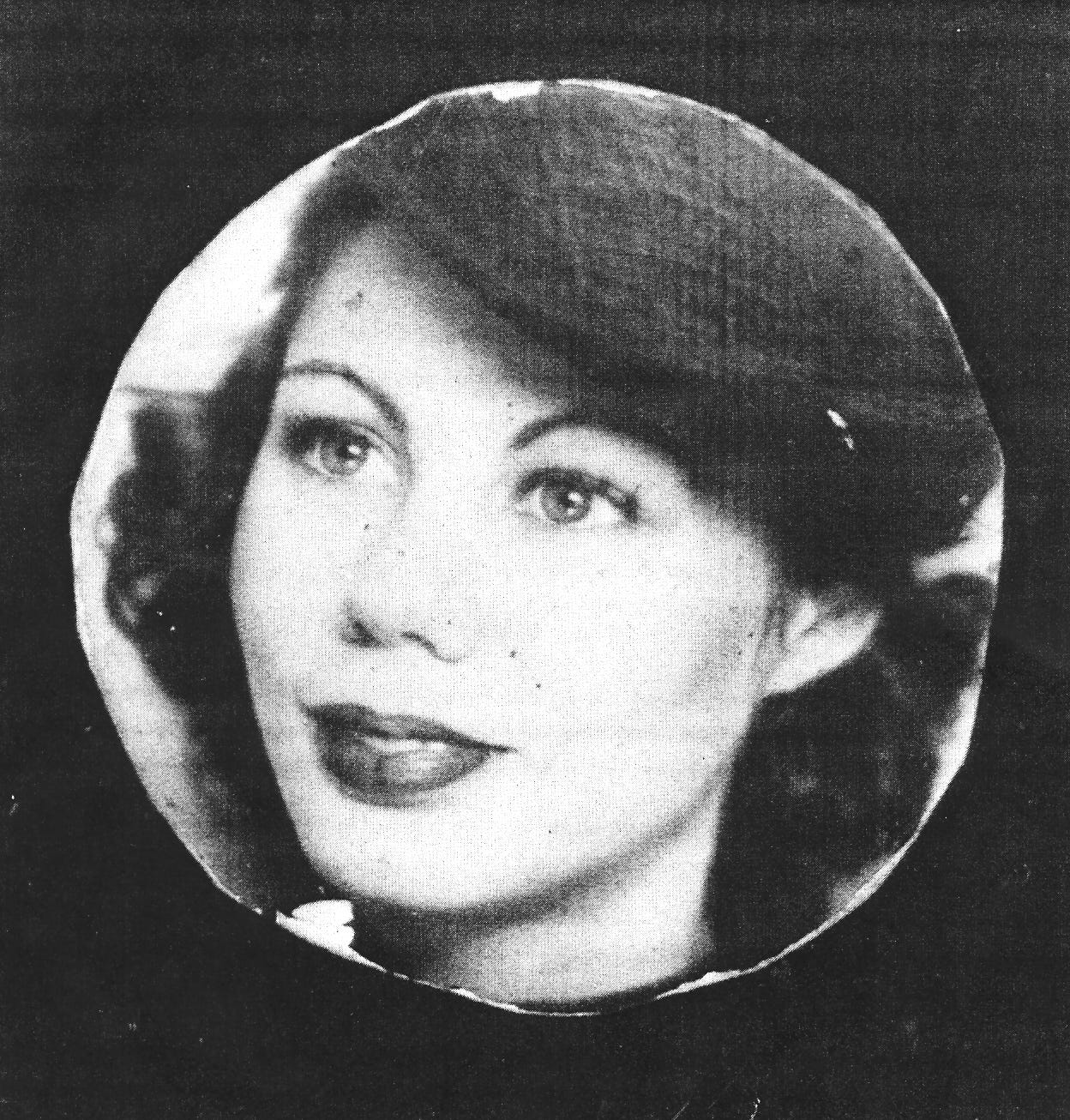by Anne Montague
In June 2008, I interviewed my first Rosie, Garnet Kozielec, at her neat home in Dunbar. Before that interview, I assumed I’d be getting the history of their wartime work. During that interview, I realized these women are treasures because they have lived through a century that saw more change than any other century in human history.
As I left her home that day and walked down Garnet’s steps toward her gate, I had an epiphany. The moment I looked at the tape recorder in my hand. I knew I had to keep finding these women and that their stories and my work with them would start a new phase of my life. I would find and get to know every Rosie I could. I would help them decide how their legacy is understood and made a part of America’s identity.
My greatest wish was to find a Rosie who might have worked with Mother in Huntington at Polan Industries. I never found a Rosie – or anyone – who knew her, so I offer my memory of her as the first Rosie I will tell you about – hopefully, I will finish a dozen stories in this series.
During the war, Mother, my baby sister, and I lived with my grandparents at 2051 Madison Avenue, in west Huntington – in a three-bedroom house my grandfather built on a massive lot with fertile soil so he could grow food for the family. The three bedrooms were lined up on the left side of the house.
My sister, Leah, was frail, gentle, and very bright. We all felt protective of her, so Mamaw slept with her in the back bedroom. Papaw was deaf and had lost fingers from an accident on the C&O Railroad. He slept in the middle bedroom, which we children never entered. Mother and I slept in a twin bed in the small front bedroom so she could leave for work without waking others.
The wind-up alarm would ring before daylight, Mother and I would do the bathroom routine, and then go back to the bedroom where I’d sit on the bed and watch her dress. When she took off her nighty, I always stared at her skinniness - her hip, shoulder, and rib bones stuck out, and her legs were like sticks. “A skeleton with loving eyes and a great smile!” Mamaw would say.
But with every step as she dressed, she became more beautiful. By the time she’d put on her 28AAA bra, princess slip, and a beautifully made dress from whatever cloth she could find or buy, I’d forgotten her skinniness and looked forward to watching her at the dressing table.
Sitting, she’d brush her long, straight, black hair, twist it around a tight cotton, do-nut-shaped bun, and use u-shaped hair pins and black bobby pins to secure her hair around the bun. Then, she’d brush her lashes with mascara, mix a dab of lipstick with cold cream, and rub it into her cheeks. I was most fascinated to watch her carefully put on bright red lipstick, called “Victory Red.”
As a last touch, she’d pick up a beautiful round box of Cody face powder with artistic puffs on the lid and hold the unopened box to my nose for me to smell without breathing in the powder. Then, she’d open the box, carefully dip the soft “puff” into the powder, and dab her nose and cheeks while the magic odor filled the room.
As she put a dress on me that she’d sewn, often of feed sacks, I started to feel sad that our time to part was near. After she’d tied the bow behind me, her hands were free, so, some days, she’d give me the small bottle of red fingernail polish and I’d touch up any chips in her bright red fingernails. Then we’d blow on her nails till the polish was dry.
We’d go to the porch to say goodbye, she’d crouch to be at my level and tell me what to do that day. Sometimes, I’d cry. Often, she’d often ask me to repeat the quote by Lincoln that she’d taught me, “I will study and prepare myself, and someday my chance will come.”
She became more and more confident as she walked down the porch steps, along the sidewalk, through the gate, and turned left toward a nearby hill where her factory was. I was sad about her going, but I was proud that she was proud to do what she had to do to help win the war.
----------
Today, all I know about her work at Poland Polan Industries is she inspected lenses. She told me they were for periscopes and binoculars; but one day, a neighbor said that Mother forgot to say that she also inspected lenses for gun scopes. Mother quickly looked at me hoping I did not hear the part about guns. Mamaw told me that Mother’s vision was so good that she sometimes inspected the lenses without a machine. But I never knew any more.
_____
Decades later, the Polan Industry factory was torn down, and a West Virginia state government building was built on the same land. Then, in 2010, Rosies I’d found and was working with decided to name that building, “The Rosie the Riveter Complex.” It took two years to get the WV state legislature to approve the name, which we celebrated in May 2013.
I am deeply thankful that Rosies chose to name that government building for Rosies because Mother worked on that land and she inspired me to do Rosie work over years since my first interview with Garnet Kozielec in June 2008.




